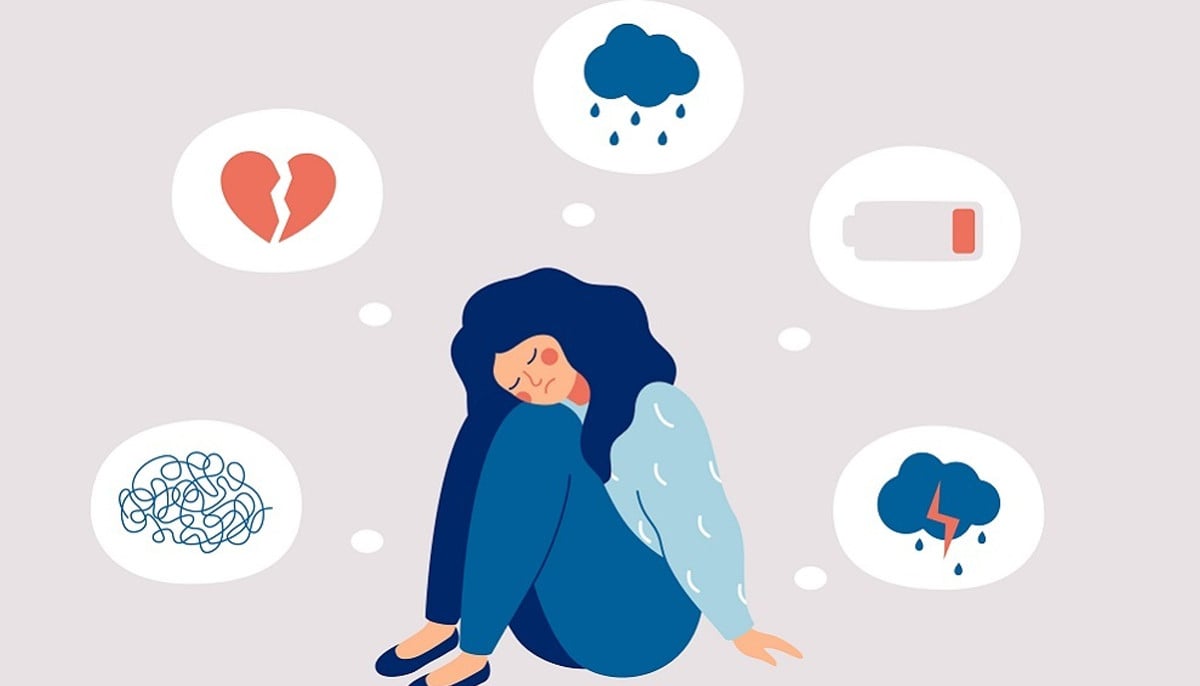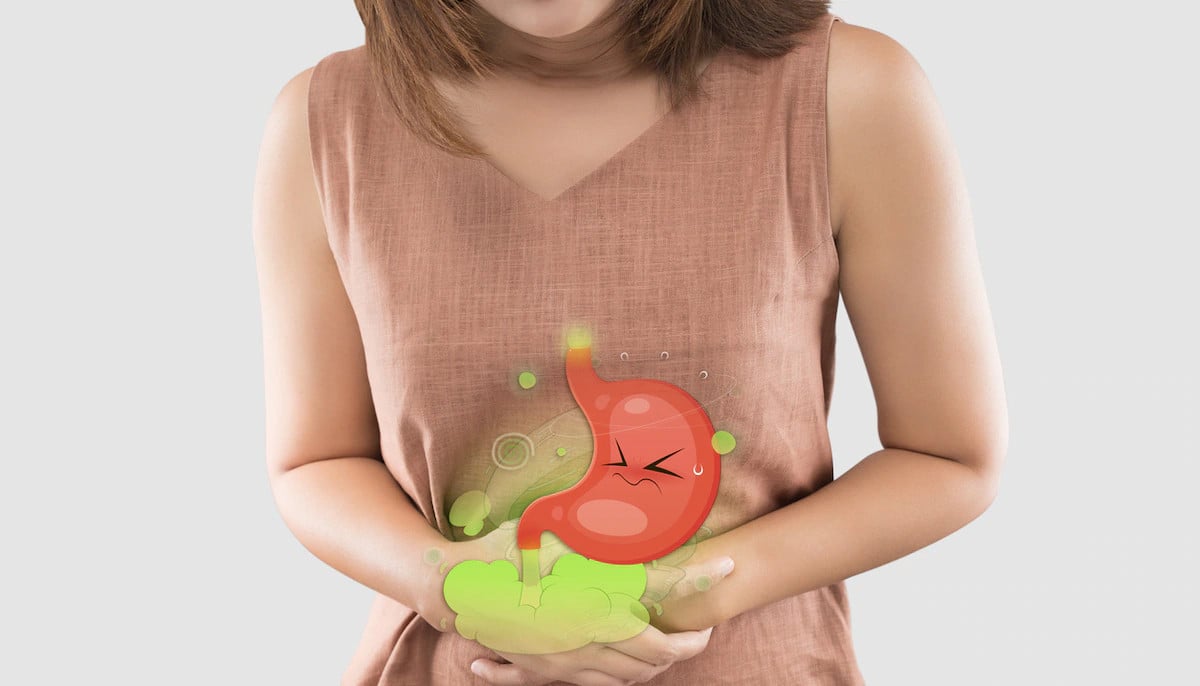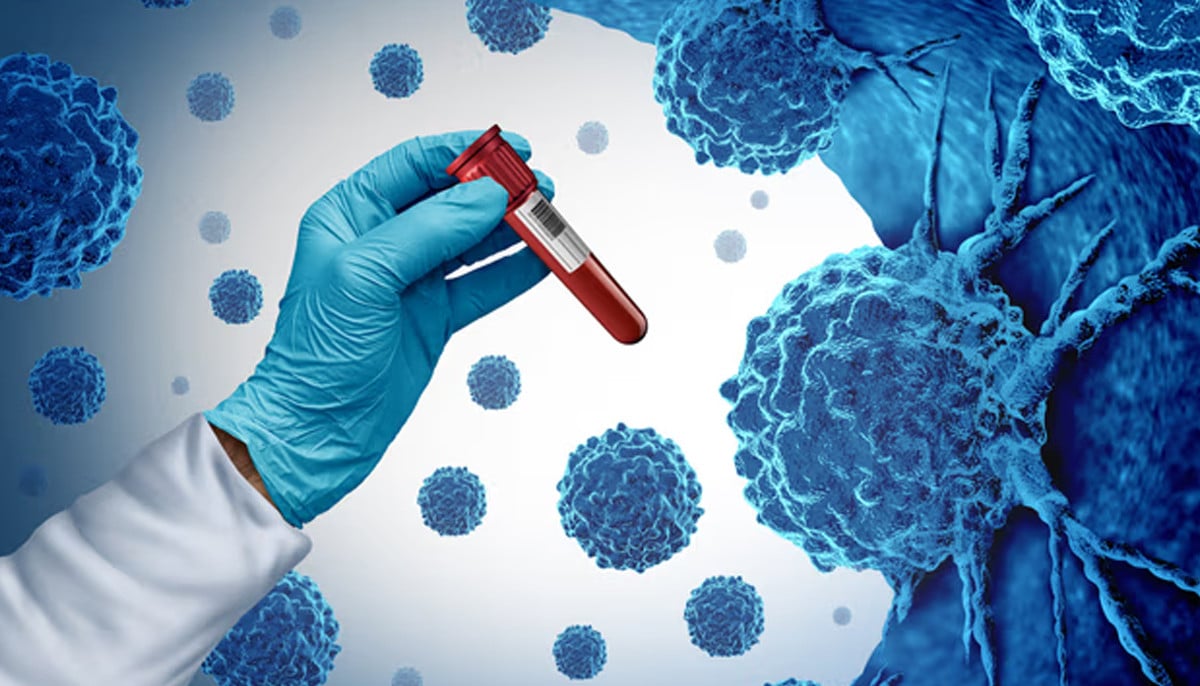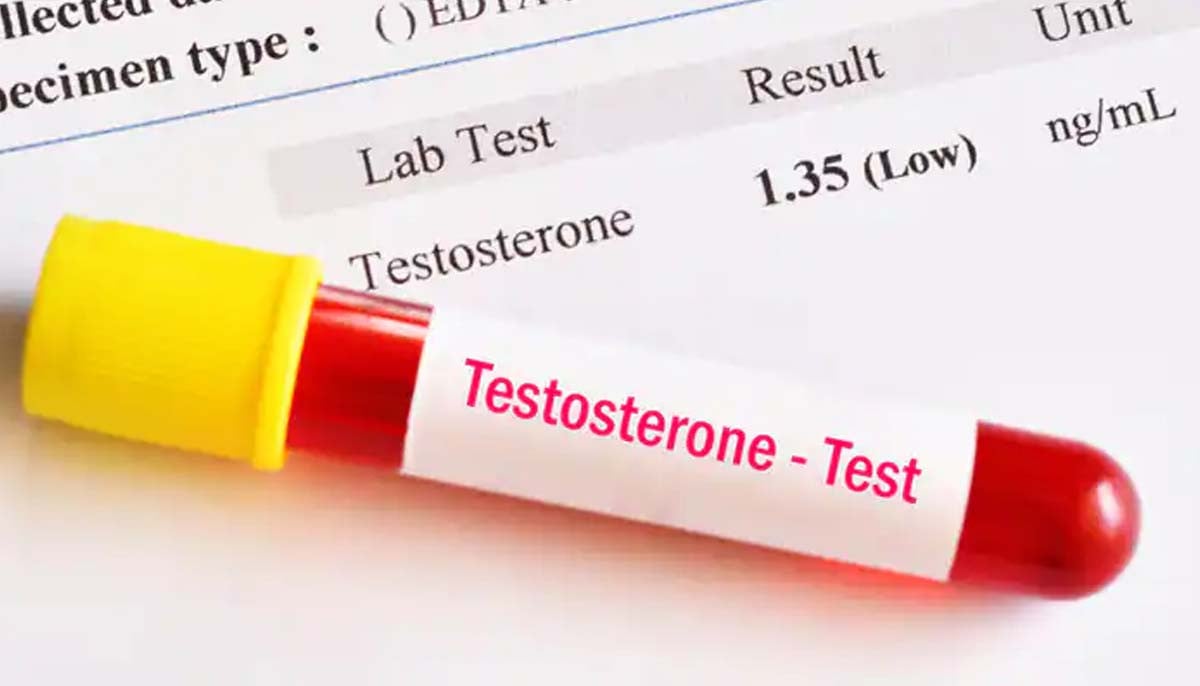Alzheimer's without symptoms may be reality: study
Brain disease usually appears with symptoms
Some patients with signs of Alzheimer’s disease are not likely to show any medical symptoms as they are living, as per a new study which may lead towards a better understanding of battling against the illness.
A better understanding of how some people reach the age of 90 or even 100 in good health, without medications or brain disease may be determined by the findings, according to researchers, reported Independent.
Brain tissues, from the Netherlands Brain Bank containing samples from over 5,000 deceased brain donors with a wide range of diseases, were assessed by scientists.
With the symptoms of each donor, the brain bank also keeps the documented medical history and detailed disease course.
A subgroup of people who had Alzheimer’s disease processes in their brains but did not show any medical symptoms while alive, indicating they were a "resilient" group, as per the researchers.
When the gene activity in the brains of members of the group was explored by the scientists, they found that several processes were altered.
-
5 at-home remedies for gas and bloating
-
New research brings us closer to malaria-free world
-
Experts unveil simple ways to prevent cancer
-
World Cancer Day 2026: 7 million cases each year are preventable —Here’s how
-
Social media reduces anxiety? Here's what new study suggests
-
New research warns people from using testosterone supplements
-
Spain performs world’s first face transplant using euthanised donor
-
5 highly effective yet addictive opioid painkillers












